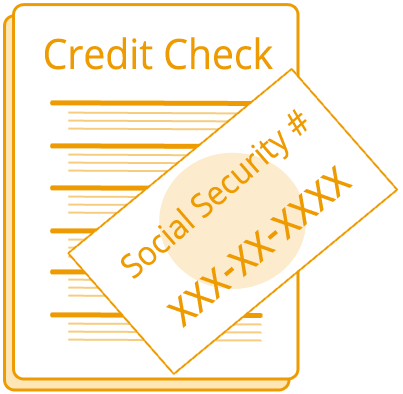July 30, 2010 (Jeff Alan)
Although economists have grown increasingly concerned that the real estate market may slip into a “double-dip” recession, today’s consumers are being handed a tempting incentive to buy property or refinance their home loans: ultra-low mortgage rates. Rates on 30-year fixed mortgages fell to 4.57 percent for the week ending July 15. That’s down a half percentage point from three months earlier and the lowest level in the 39 years that Freddie Mac has been monitoring rates..
Mortgage rates have dipped to record lows in large part because the economy is for lack of a better word…lousy. The national unemployment rate remains uncomfortably high at 9.5 percent and forthcoming data is expected to show that U.S. economic growth slowed in the second and third quarters. A weak economy puts downward pressure on mortgage rates with the primary reason being low demand for credit. In what is really the basic principal of capitalism, supply and demand, mortgage lenders must educe rate rates to try and attract home buyers and those wishing to refinance.
At the same time, a sluggish economy works to ease investor concerns over future interest rate increases. With no inflation on the horizon due to what many analysts see as a long term sluggish economy, the Federal Reserve is expected to hold its benchmark federal funds rate in the current zero to 0.25 percent range for the foreseeable future.
Developments in the global economy have created additional downward pressure on home loan rates. When the shaky balance sheets of several European countries spooked financial markets in late spring, investors scurried out of risky assets like stocks and into U.S. Treasury bonds. As demand increased, yields on 10-year treasuries fell to 3.05 percent for the week ending July 16, down from 3.85 percent three months earlier. And since fixed mortgage rates tend to track the yields on 10-year treasuries, home loan costs declined significantly as well.
Although mortgage rates may increase from these record lows by the end of the year, they are likely to remain in an attractive range until the economy starts creating jobs. And no one currently really knows when that will be. Some analyst are predicting that job creation won’t likely start to occur until late next year and are predicting that by the end of 2011, thirty year mortgages will be approaching about 6 percent.
Could rates move lower from current, ultra-low levels? Sure. If the U.S. economy slows sharply or a fresh crisis rattles global confidence, consumers could see financing costs become even cheaper. But given that rates are now sitting near 40-year lows, you’re better off locking in a rate today rather than holding out for a better deal. The likelihood of interest rates getting a significantly is pretty slim.


